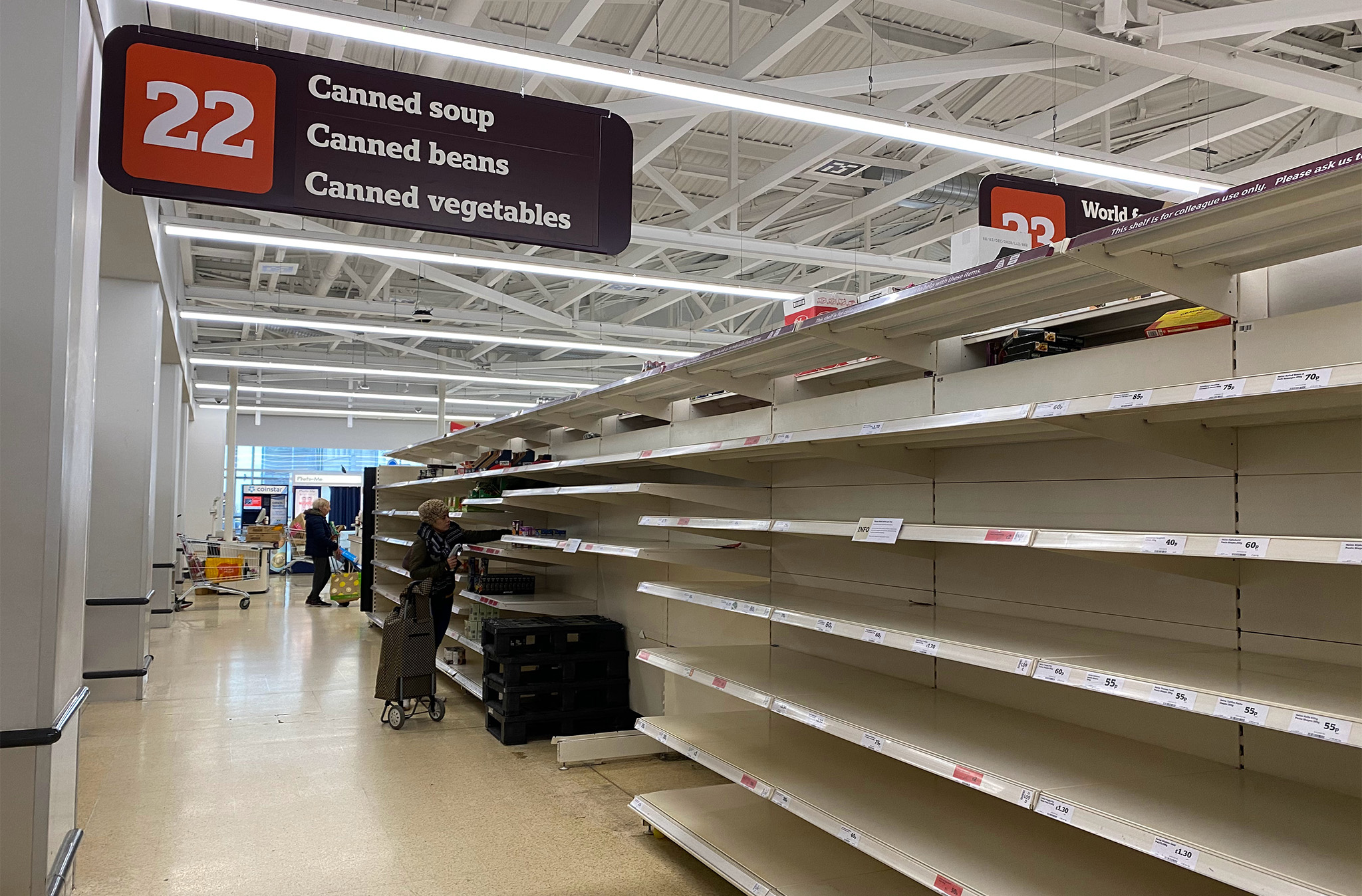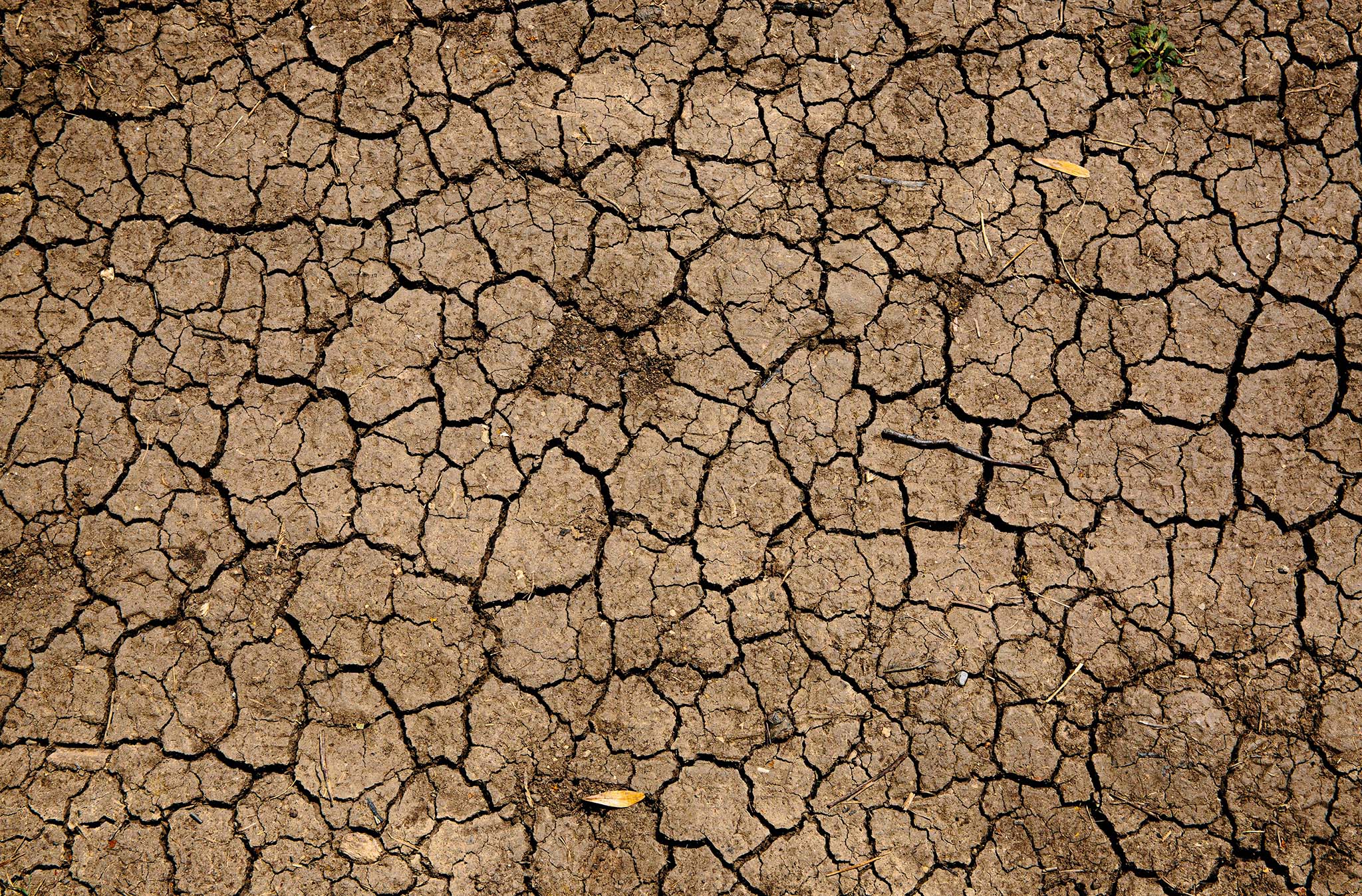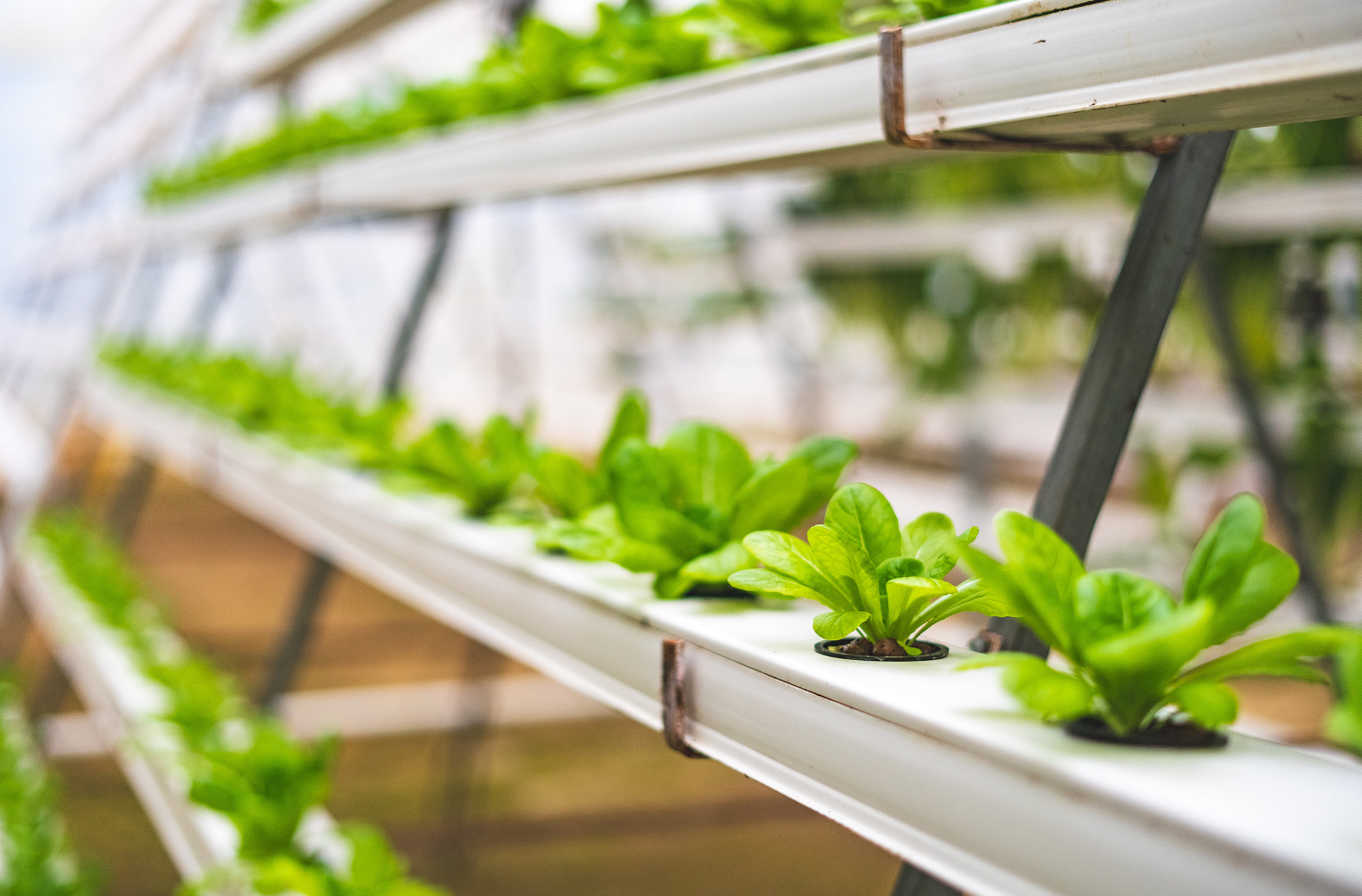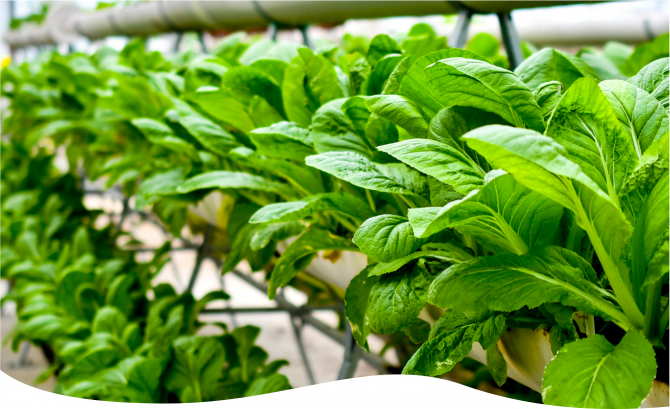

How Can UK Farming Reach Net Zero?
11/01/2022

What Does The $130tn Climate Pledge Actually Mean?
18/02/2022February 18th 2022
Why A More Sustainable And Robust Food System Must Become A Central Focus For UK Climate Policy
Farming • Industry News • Blog Posts
February 18th 2022
Why A More Sustainable And Robust Food System Must Become A Central Focus For UK Climate Policy
Farming • Industry News • Blog Posts


Images of empty supermarket shelves dominated UK headlines last summer. Factors such as staff shortages due to the “pingdemic”, truck driver shortages due to Covid-19 restrictions and Brexit, and even a CO2 shortage were all blamed. These problems highlight the vulnerabilities in the UK food system’s “just-in-time” model, which has so far delivered some of the lowest cost best quality food in the world. Industry representatives and Downing Street debated when food shortages would be resolved however, the potential impacts of our rapidly changing climate have largely been ignored.
Climate change is the defining issue of our time and our food system is both a driver of climate change and vulnerable to its impacts. This year, extreme weather events such as flooding, heatwaves, and droughts have driven down the supply of various foods around the world and contributed to the fastest rise in food prices in a decade. Along with more extreme weather events, drier springs, and warmer, wetter, autumns have hurt farmers in recent years. Climate impacts are also changing how pests and pathogens spread, which is already one of the leading causes of crop failures.


Without rapid preparation and planning, the myriad of climate-induced impacts on the UK food system will worsen. This could manifest in severe shortages and dramatic price fluctuations that affect the poorest in society the hardest and lead to escalating food insecurity among the most vulnerable. The availability of imported food will also be impacted, especially since the UK imports a large percentage of its food from areas facing the worst climate change-induced droughts and crop failures. Climate impacts also threaten the livelihoods of the hundreds of thousands of farmers and workers upon whom the UK food system relies.
However, all is not lost. Various adaptation options are available and are being further developed and refined to reduce the impacts of climate change and build resiliency in the UK food system. Technological methods such as innovative biologicals or genetically modified crops resistant to severe weather are among the potential solutions. Nature-based solutions are also available, including regenerative agriculture methods to make fields more resilient to wetter weather and/or restoring natural flood defences. These methods carry the added benefit of reducing emissions and improving biodiversity. Finally, there are wider system changes that may increase the resilience of the food system. These include reducing food waste, changing the foods we grow and consume to take advantage of changes in crop growing climate and, reducing the reliance on imported foods by growing more crops in the UK using new technological solutions. These solutions must be urgently prioritised in both public and private sector policies and decision making because current ambitions are inadequate.


Current adaptation in the UK food system does not yet reach the targets set by the government. Therefore, all participants in the UK supply system, including farmers, processors, suppliers, retailers, consumers and government bodies, must clearly understand the risks that a changing climate pose and participate in acting on available solutions. At Climate Spheres UKTM, we are working collaboratively across the food system to increase understanding of the system’s vulnerabilities and how they can be addressed. Our work covers research, education, scaling solutions and corporate management to prepare UK agricultural production for the worsening impacts of climate change. To learn about Climate Spheres UKTM, or to understand how the work we are doing can benefit you or your organisation, please contact us.
Resources & Links
- https://www.specialityfoodmagazine.com/news/pingdemic-retail-workers-hospitality-staff
- https://www.reuters.com/world/the-great-reboot/britains-trucker-shortage-jams-post-pandemic-recovery-2021-09-03/
- https://www.reuters.com/world/uk/uk-meat-industry-warns-some-firms-have-just-five-days-co2-supply-2021-09-20/
- https://www.independent.co.uk/news/uk/politics/food-shortages-brexit-covid-boris-johnson-b1917896.html
- https://www.bbc.co.uk/news/business-57353624
- https://www.independent.co.uk/climate-change/news/climate-crisis-extreme-weather-uk-temperature-heat-farmers-a9678656.html
- https://www.smithsonianmag.com/science-nature/new-study-shows-climate-change-may-increase-spread-plant-pathogens-180978377/
- https://www.farmprogress.com/soil-health/could-regenerative-agriculture-help-solve-flooding-troubles
- https://iopscience.iop.org/article/10.1088/1748-9326/ab492b
- https://www.independent.co.uk/climate-change/news/bristol-worlds-largest-vertical-farm-b1929284.html
- https://www.theccc.org.uk/wp-content/uploads/2021/06/Progress-in-adapting-to-climate-change-2021-Report-to-Parliament.pdf














